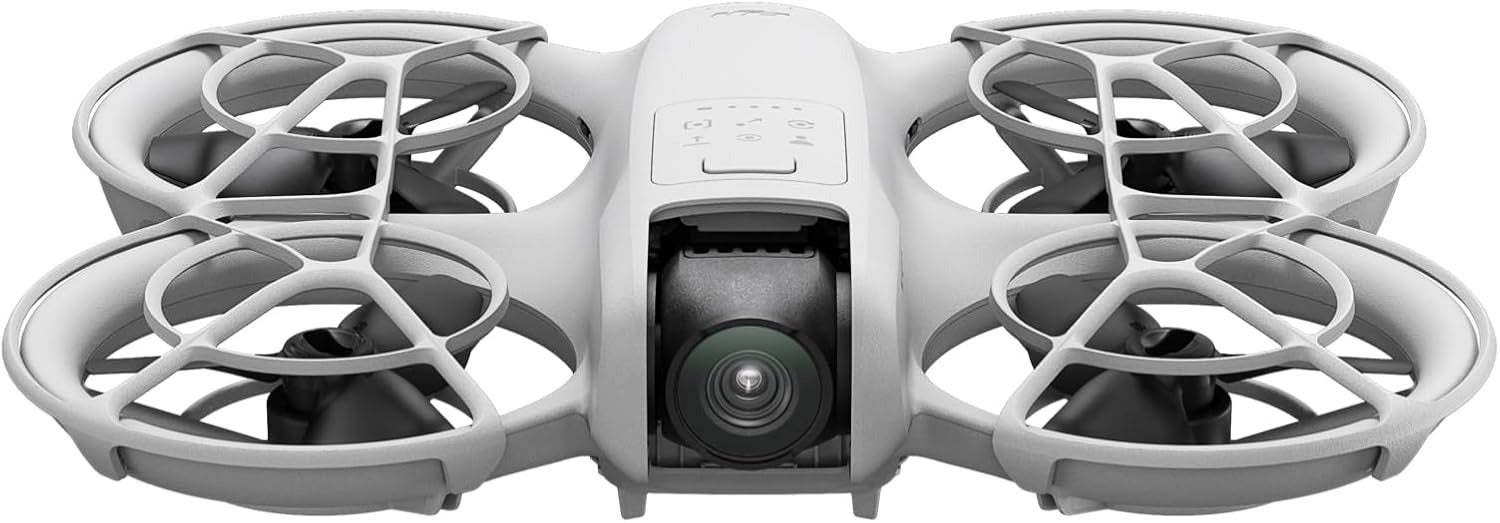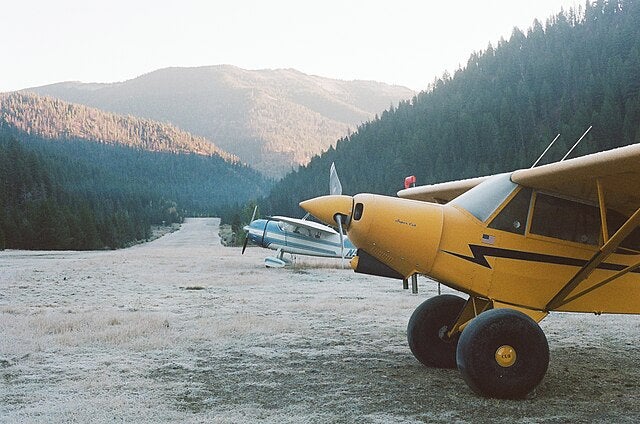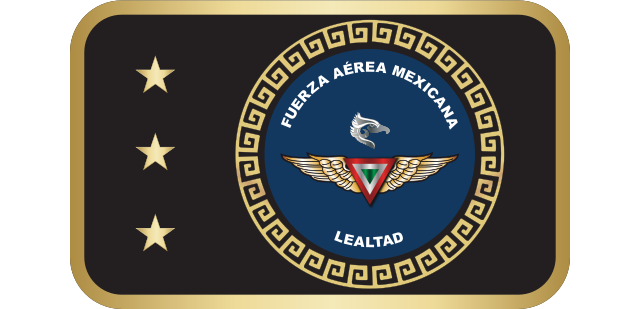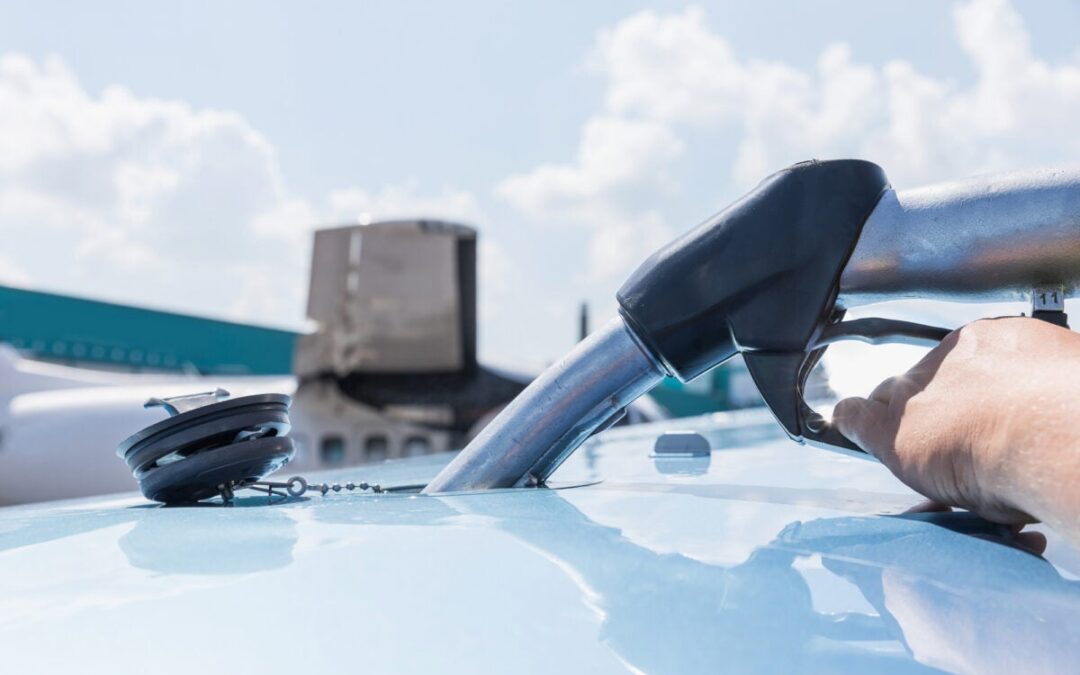The new year is upon us, and with that comes an optimistic outlook on what 2025 has in store for all of us. There are plenty of traditional things to do every January, like make those promises to get in shape, finally take that trip to see the Great Pyramid of Giza, or visit friends we haven’t seen in years.
But what about learning a marketable skill instead?
Whether you’re looking to take up a new hobby or want to start a new business in 2025, buying a drone is a great way to ring in the new year. Learning to pilot a drone is a great option for your New Year’s resolution and one that can potentially lead to another source of income.
There are many types of drones. With drones for racing, photography, and industrial work, purchasing one can be fun and profitable as long as you follow the rules designed for safe operations.
There are so many drones out there to choose from, and one of the worst feelings is buying one with great marketing behind it, but the drone itself is lacking. With our list of the best drones for the start of 2025, you can purchase with confidence as we have fully vetted our list to take out the duds commonly seen on other “best drone” lists.
Considerations When Buying a Drone
Before we jump into the guide, let’s talk about a few factors to consider when selecting a drone. Whether you’re a beginner, professional photographer, or simply someone curious about the latest technology, we’ll explore how to choose the best drone for your needs, budget, and skill level. Here are some key factors to consider.
Camera quality
For many pilots, nothing is more important than the drone’s camera. If you’re into photography or videography, here’s what to look for:
- Resolution: Higher resolutions like 4K or 8K deliver crystal-clear footage, while HD is sufficient for casual users. Drones with less than 4K will probably deliver disappointing results.
- Sensor size: Larger sensors capture more light, resulting in better image quality, especially in low light. If you want a drone for photography, look for 1 inch or better.
- Image stabilization: A gimbal is essential for smooth, shake-free footage, even in windy conditions. Smaller drones have 1- or 2-axis gimbals, but it is best to look for 3-axis gimbals.
- Zoom capabilities: Optical zoom maintains image clarity, while digital zoom can pixelate your shots.
Flight performance
A drone’s ability to fly steadily and for extended periods is crucial.
- Flight time: Look for drones that can fly for at least 30 minutes on a single charge.
- Range: Consider the maximum distance a drone can travel while maintaining a reliable connection.
- Speed: Racing drones prioritize speed and agility, while professional drones focus on stability.
- Wind resistance: A sturdy build and advanced stabilization systems ensure reliable performance in windy conditions.
- Obstacle avoidance: Cutting-edge sensors and AI allow drones to detect and avoid obstacles, reducing the risk of crashes.
Portability and durability
For users on the go or in rugged environments, portability is a must. Travelers will also find this is the best option, as drones that do not fold often take up a lot of space.
- Foldability and size: Compact drones are easier to transport and store.
- Weight: Lightweight drones are easier to handle but may struggle in windy conditions.
- Durability: Rugged drones with water resistance are ideal for outdoor adventures.
Ease of use
Beginners and professionals alike appreciate intuitive controls and smart features.
- User-friendly controls: An app-based interface and ergonomic remote controllers simplify operation.
- Intelligent flight modes: Features like “follow me,” “orbit,” and “point of interest” enhance creative possibilities.
- Emergency features: A reliable return-to-home function and low-battery alerts provide peace of mind.
Safety features
Safety is important for pilots and those around them. Newer drones come with a slew of features designed to keep drones from crashing into things or falling on people. Here are some of the more common safety features:
- Geofencing: Prevents drones from entering restricted areas.
- Altitude limits: Ensures safe operation, particularly for beginners.
- Emergency stop: Allows immediate shutdown in case of malfunctions or hazards.
- Sensors: Positioned around the drone, various sensors can make the pilot and drone aware of potentially dangerous situations, such as those that alert a pilot when the drone is too close to an object.
Let Your Budget Be Your Guide
Drones are available in a wide price range, from affordable beginner models to high-end professional devices. Start with deciding on your budget and focus on getting the best value within your price range.
Now for our list of the best drones for 2025.
- Best drone overall: DJI Mavic 3 Pro
- Best drone for beginners: DJI Neo
- Best drone for photography/videography: EVO II Pro 6K Rugged Bundle V3
- Best racing drone: DJI Avata 2
- Best budget drone: Ryze Tello
- Best professional drone: Autel Robotics EVO Max 4N
DJI Mavic 3 Pro
There are many reasons why the DJI Mavic 3 Pro is our selection for the best overall drone going into 2025. The quality of DJI’s products is undeniable. While there are some concerns related to the potential ban of DJI products, nothing has been solidified yet, and at this point, DJI drones are still legal for consumers and professionals. The Mavic 3 Pro is a great mix of high-quality camera and an industry-leading aircraft.
The DJI Mavic 3 Pro boasts a Hasselblad 4/3 CMOS main camera with a 24mm equivalent lens, f/2.8-f/11 aperture, and 20 MP resolution, delivering stunning RAW photos with 12.8 stops of dynamic range. FAA Remote ID compliant, it ensures legal operation. Features include omnidirectional obstacle sensing with APAS 5.0, 43-minute flight time, and DJI O3+ transmission for up to 15 km. It includes a DJI RC with a bright screen and supports advanced firmware for improved safety.
Price: $2,149.99
DJI Neo
When it comes to looking for a drone for beginners, the key is to find drones that are simple, safe, and fun. The DJI Neo is small and easy to fly. In addition to controlling the drone with an app or remote, you can also fly it using hand motions and voice control, making it easier for new users to feel comfortable with the technology. Combined with great safety features and an impressive camera in a tiny package, this drone is perfect for new pilots of all ages.
The DJI Neo is an ultra-lightweight drone at just 135g, requiring no FAA registration or Remote ID. It features palm takeoff and landing, AI subject tracking, and eight QuickShots modes for effortless vlogging. Capture stabilized 4K UHD video with level-4 wind resistance, ideal for outdoor adventures. Multiple control options include voice commands, a mobile app, or RC. With full-coverage propeller guards and portability, the Neo is perfect for dynamic, worry-free flying. Includes battery and propeller guards.
Price: $199
EVO II Pro 6K Rugged Bundle V3
Autel Robotics has been a significant player in the drone space for many years. Its products are high-quality and well-respected. I have flown several of the company’s drones, and as a professional photographer and commercial drone pilot, I love the EVO series. The camera is perfect for photos and videos. Professionals and amateurs will love what this drone can capture for them.
The Autel EVO II Pro V3 features Sony’s advanced 1-inch CMOS sensor, offering exceptional 6K video, adjustable aperture (f/2.8–f/11), 3x optical zoom, and 12-bit DNG photos for vivid color rendering. Equipped with Moonlight Algorithm 2.0, it excels in night photography with ISO up to 44000. With omnidirectional obstacle avoidance, 40-minute flight time, and SkyLink 2.0 transmission up to 15 kilometers, it ensures reliable performance. Includes a Smart Controller SE and a comprehensive V3 combo kit.
Price: $2,099
DJI Avata 2
Drone racing has become increasingly popular over the last few years. Organizations like the Drone Racing League are making real strides in the professional sports industry. The DJI Avata 2 is a fun racing drone with a lot of muscle under the hood. This drone can reach speeds of over 60 mph. It’s even more exciting when using DJI Google 3, so you can experience aerial excitement in first-person view.
The DJI Avata 2 offers immersive FPV flying with intuitive motion control and cinematic 4K/60fps footage using a 1/1.3-inch sensor and 155-degree FOV. Perform acrobatics like flips and rolls effortlessly, while built-in propeller guards ensure safety. Lightweight and portable, it boasts a 23-minute flight time with PD fast charging. The bundle includes DJI Goggles 3, RC Motion 3, three batteries, charging hub, accessories, a two-year CPS warranty, and a 128GB Lexar microSD card for seamless filming.
Price: $1,712.69
Ryze Tello
If you are looking for budget drones, you can find many for under $50 on the market. The problem with these drones is, in most cases, you get a drone that is difficult to fly, has a battery that dies in just a few minutes, and lacks basic quality and safety features. The Ryze Tello may cost a little more, but it has many impressive features, including DJI and Intel technology built inside.
The Ryze Tello drone, powered by DJI, is a lightweight, compact drone perfect for beginners. It features a 5 MP camera capable of capturing 720p HD video, stabilized with electronic image stabilization. With a flight time of up to 13 minutes, it provides a stable and fun flying experience. The Tello includes smart features like EZ Shots for creative video capture, intuitive app controls, and compatibility with VR headsets for immersive FPV flying. It’s perfect for education and casual use.
Price: $198
Autel Robotics EVO MAX 4N
When it comes to a professional drone, there are many factors to consider. Companies that provide this level of drone include Skydio, DJI, Autel Robotics, and Anzu Robotics. For this list we wanted to recommend a drone that had both a standard camera (RGB) and a thermal camera with a high enough resolution for professional work. All of the manufacturers listed about have a platform similar to this, but we like the Autel EVO Max 4N given the price, manufacturer, and capabilities of the drone.
The Autel EVO Max 4N is a professional drone equipped with a starlight night-vision camera capable of detecting light levels as low as 0.0001 LUX, with ISO ranging from 100 to 450,000, enabling target locking and tracking in low-light conditions. It features a 50MP wide-angle camera, a 640-by-512 thermal camera with 16x digital zoom, and a laser rangefinder with a 5-1,200 meter range. The drone offers a 42-minute maximum flight time, 720-degree obstacle avoidance, and operates within a temperature range of minus-20 degrees to 122 Fahrenheit.
Price: $12,599
Drones are becoming more popular for fun and for work. Our list has a little something for everyone. Whether you are looking to race drones, capture the world from a different perspective, or jump into 2025 with a new career as a drone pilot, these drones are the perfect place to start.
Just remember that if you are looking to make a profit with your new drone, you’ll need a Part 107 license from the FAA. Check out courses from Altitude University, the Pilot Institute, and Sporty’s Pilot Shop to learn more.
FAQ
Do I need FAA registration for my drone?
Registration depends on the drone’s weight. Models like the DJI Neo at 135g don’t require FAA registration or Remote ID.
What’s the best drone for professional photography?
The Autel EVO II Pro V3 is ideal for professionals with a 1-inch sensor, 6K video, and advanced low-light capabilities.
How do I start a drone-based business?
You’ll need an FAA Part 107 license, which you can earn through courses from Altitude University or other training providers.
The post Best Drones for 2025 appeared first on FLYING Magazine.





